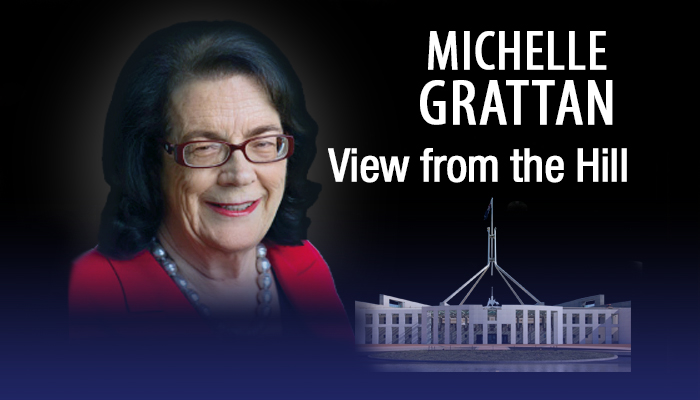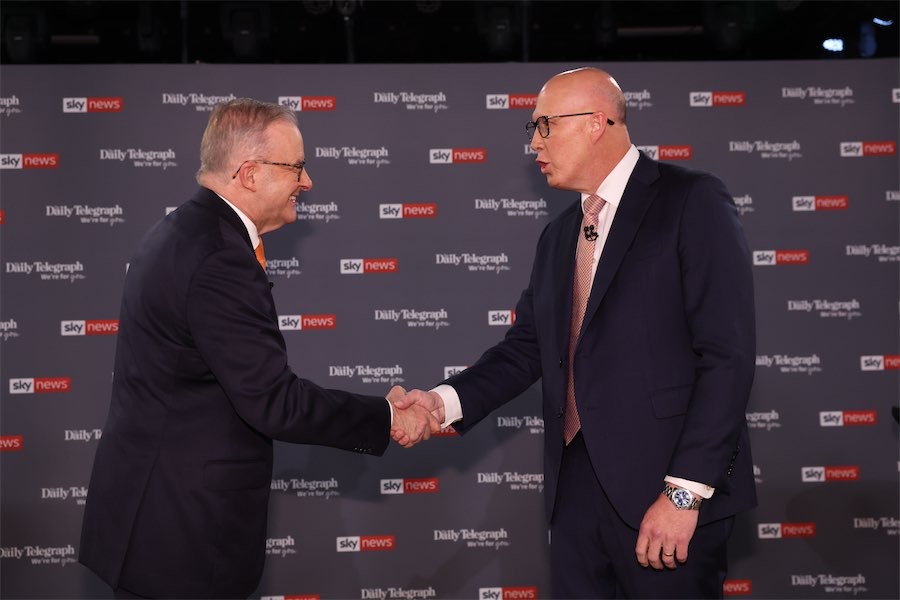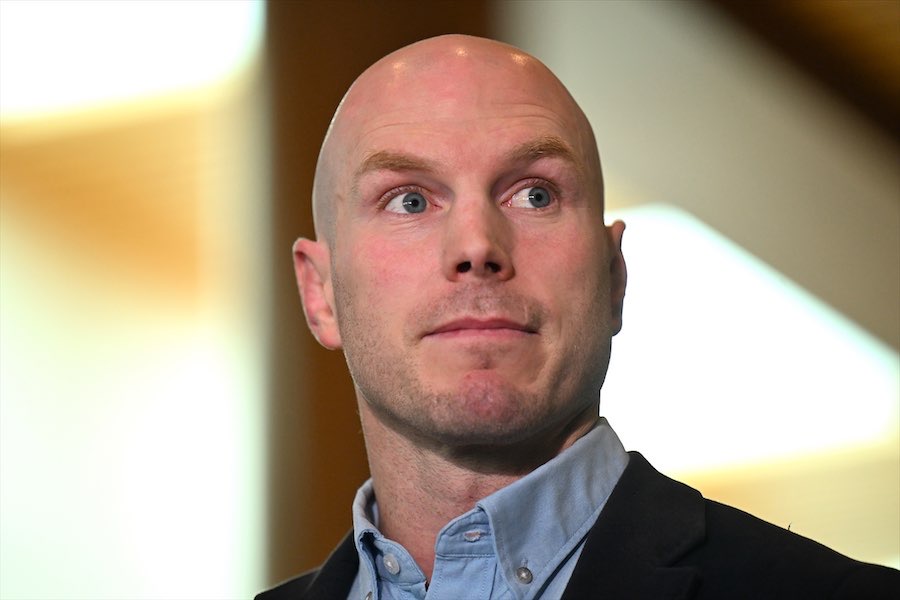It’s just too hard and too late to delay and recalibrate the Voice referendum, writes political columnist MICHELLE GRATTAN.
WITH the polls showing public support for the Voice flagging, some people believe the referendum should be deferred.
 There is certainly reason for concern about the fate of the “yes” vote. The polls have been softening for a while, but the Resolve Political Monitor survey published in the Nine newspapers at the weekend showing support for the Voice down to 49 per cent in NSW was particularly alarming for its supporters.
There is certainly reason for concern about the fate of the “yes” vote. The polls have been softening for a while, but the Resolve Political Monitor survey published in the Nine newspapers at the weekend showing support for the Voice down to 49 per cent in NSW was particularly alarming for its supporters.
NSW and Victoria (where the “yes” vote is 52 per cent) would be expected to form the backbone of a successful referendum.
“No” supporters have an interest in advocating delay, seeing it as a way to kill off the whole thing. But on the other side, some nervous “yes” advocates fear defeat and all the consequences that would bring, and are looking for salvage options.
Even before the Resolve poll, NSW Liberal senator Andrew Bragg, a “yes” backer, suggested the referendum should be put off until mid-2024. He said in a 2GB radio interview on Friday: “I fear that the process has not yielded enough consensus to garner a ‘yes’ vote. And I think it would be worth considering recalibrating at this stage, to save the concept and to deliver a successful referendum.”
Superficially tempting as this argument might seem, it is impractical and would almost certainly be counterproductive.
To back off the current wording and timetable (the vote is due in the last quarter of the year and is expected in October) would be nearly impossible for Prime Minister Anthony Albanese. He has come too far, invested too much.
It would spark a serious backlash from indigenous leaders, many of whom would likely see it as a sellout by the prime minister. Albanese would be opening another battlefront for himself.
From the government’s point of view, prolonging the argument around the Voice into another year would distract attention from other parts of its agenda and take the issue dangerously closer to the next election. Some ministers would surely resist.
If the referendum were merely deferred, with the wording unchanged, there’s no reason to think the Voice proposal would become any more popular. That could just provide more time for opposition to build.
Bragg proposes “recalibrating” the Voice in an effort to get bipartisan support.
But trying to do this would be fraught, even if the government were willing to attempt it.
When it needed a relatively minor change in the proposed wording, it ran into opposition from its indigenous advisers, and had to compromise.
To obtain bipartisan support – Bragg’s aim – the government would almost certainly have to retreat to seeking to put only recognition in the constitution, with a Voice simply legislated. Opposition leader Peter Dutton would not be able to sign up to anything other than a gutted Voice, which was not in the Constitution.
This would never be accepted by the indigenous proponents.
And Bragg himself said: “I don’t think it’s the right thing to let go of the Voice in the Constitution concept”.
The easier road would always have been a constitutional amendment for recognition, with the Voice legislated.
But Albanese on the night of the election, and well before, embraced the full Uluru Statement from the Heart. That, in its entirety, committed him to a Voice in the constitution, treaty and truth telling.
Indigenous people have argued strongly that without being in the constitution, the Voice would be at risk of being scrapped, as previous bodies have been.
The risk now is that voters’ wariness of putting it in the constitution might mean the Voice never starts.
The die is cast on the content of the question and the window in which the vote will be held. The government can only manage its campaign as effectively as it can, and hope enough of those who are undecided, “soft no” voters, or have yet to tune in to the debate fall the way of a “yes” vote when the time comes.![]()
Michelle Grattan, Professorial Fellow, University of Canberra. This article is republished from The Conversation.
Who can be trusted?
In a world of spin and confusion, there’s never been a more important time to support independent journalism in Canberra.
If you trust our work online and want to enforce the power of independent voices, I invite you to make a small contribution.
Every dollar of support is invested back into our journalism to help keep citynews.com.au strong and free.
Thank you,
Ian Meikle, editor








Leave a Reply